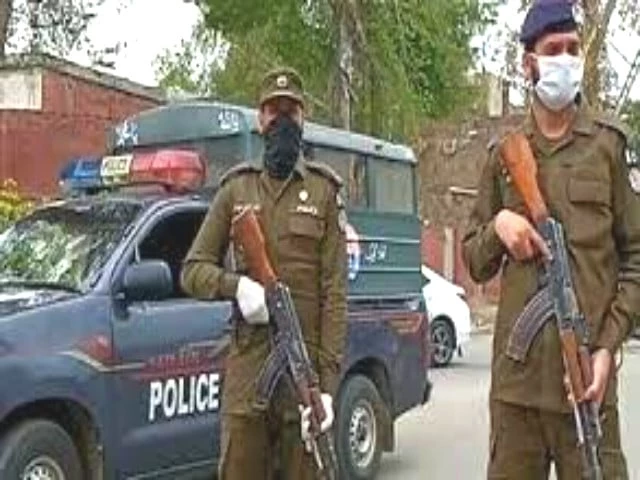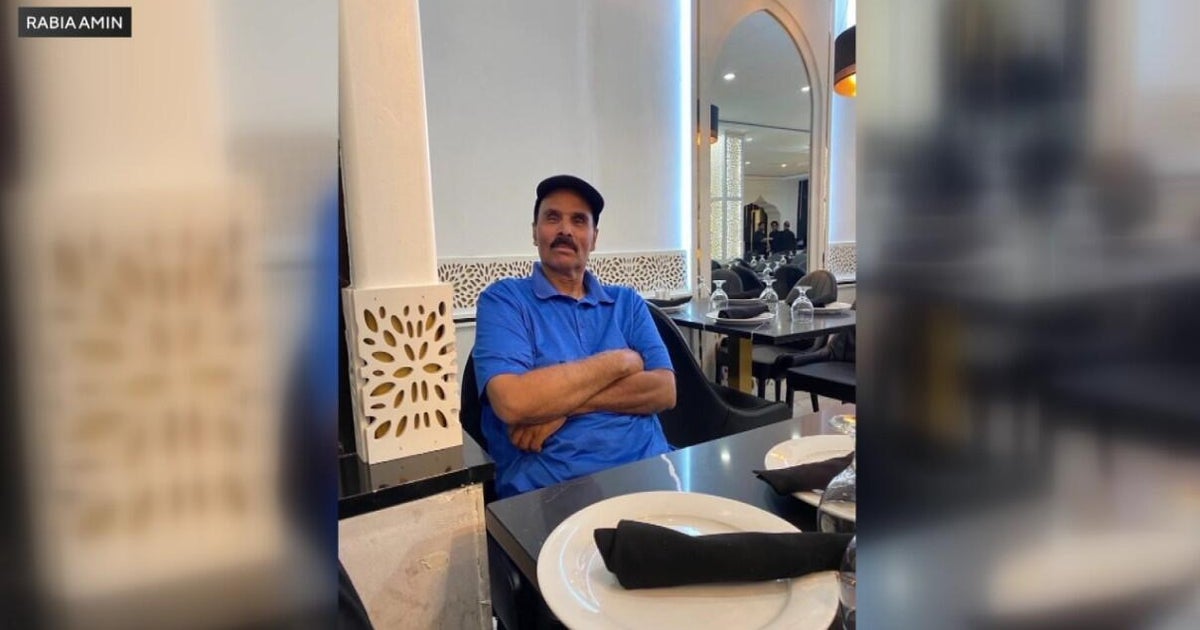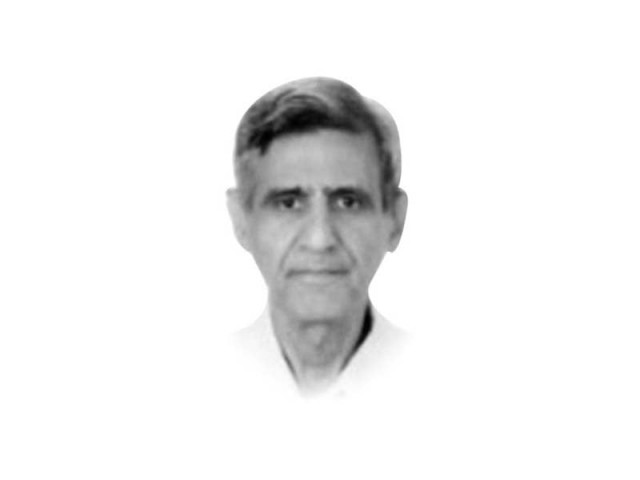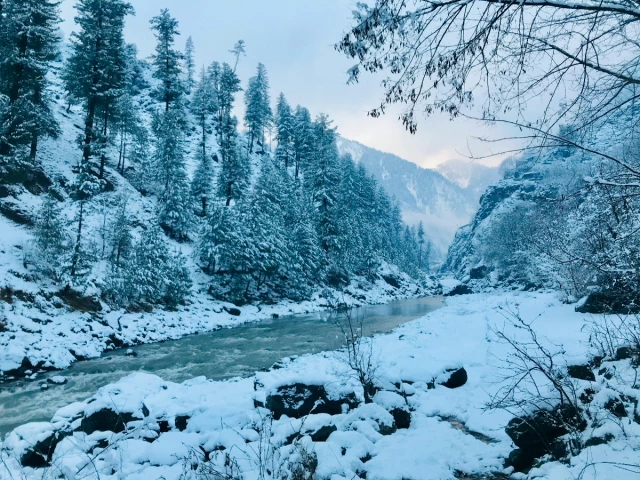- Country witnessed 34pc increase in terrorism in 2025 Dawn
- Border Closure Brings Down Terrorist Violence Center for Research and Security Studies (CRSS)
- Pakistan’s Worsening Threat Landscape in 2025 The Diplomat – Asia-Pacific Current Affairs…
The family of a Humboldt Park business owner is making an urgent plea to stop his deportation.
Asif Amin Cheema, the owner of Best Sub #2 in Humboldt Park, is scheduled to be on a flight to Pakistan on…






